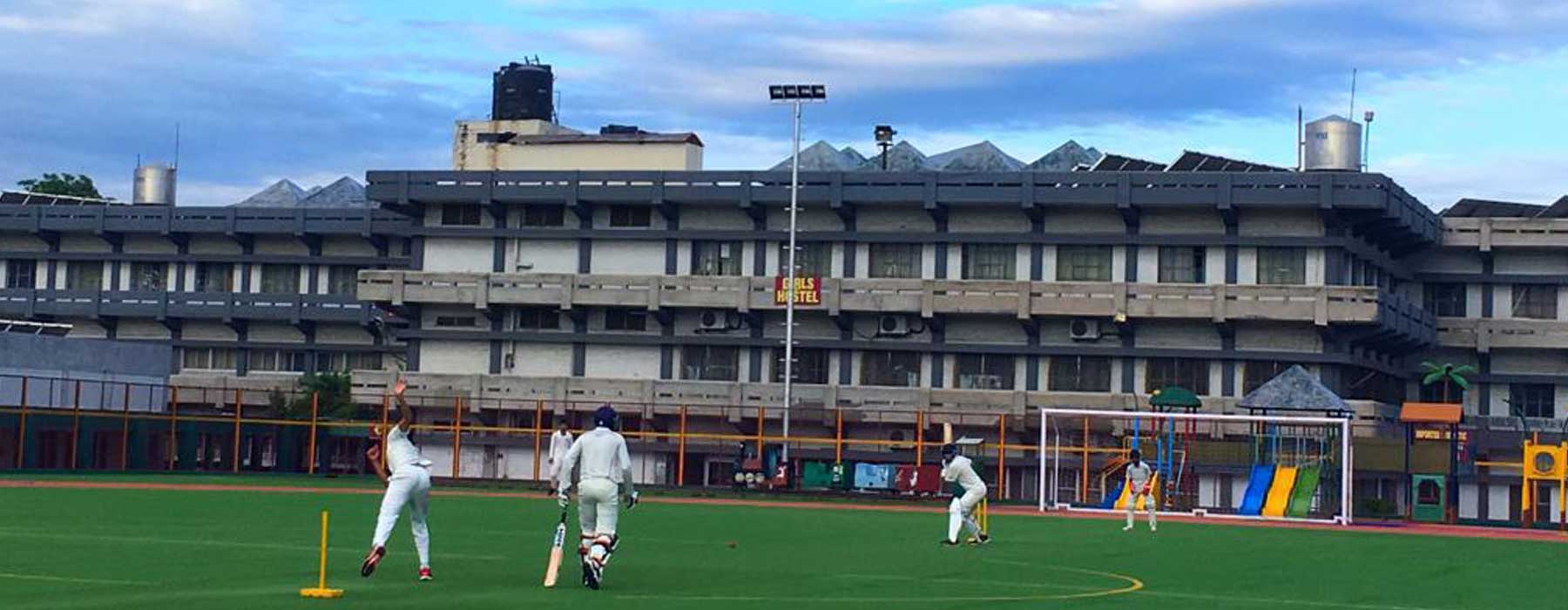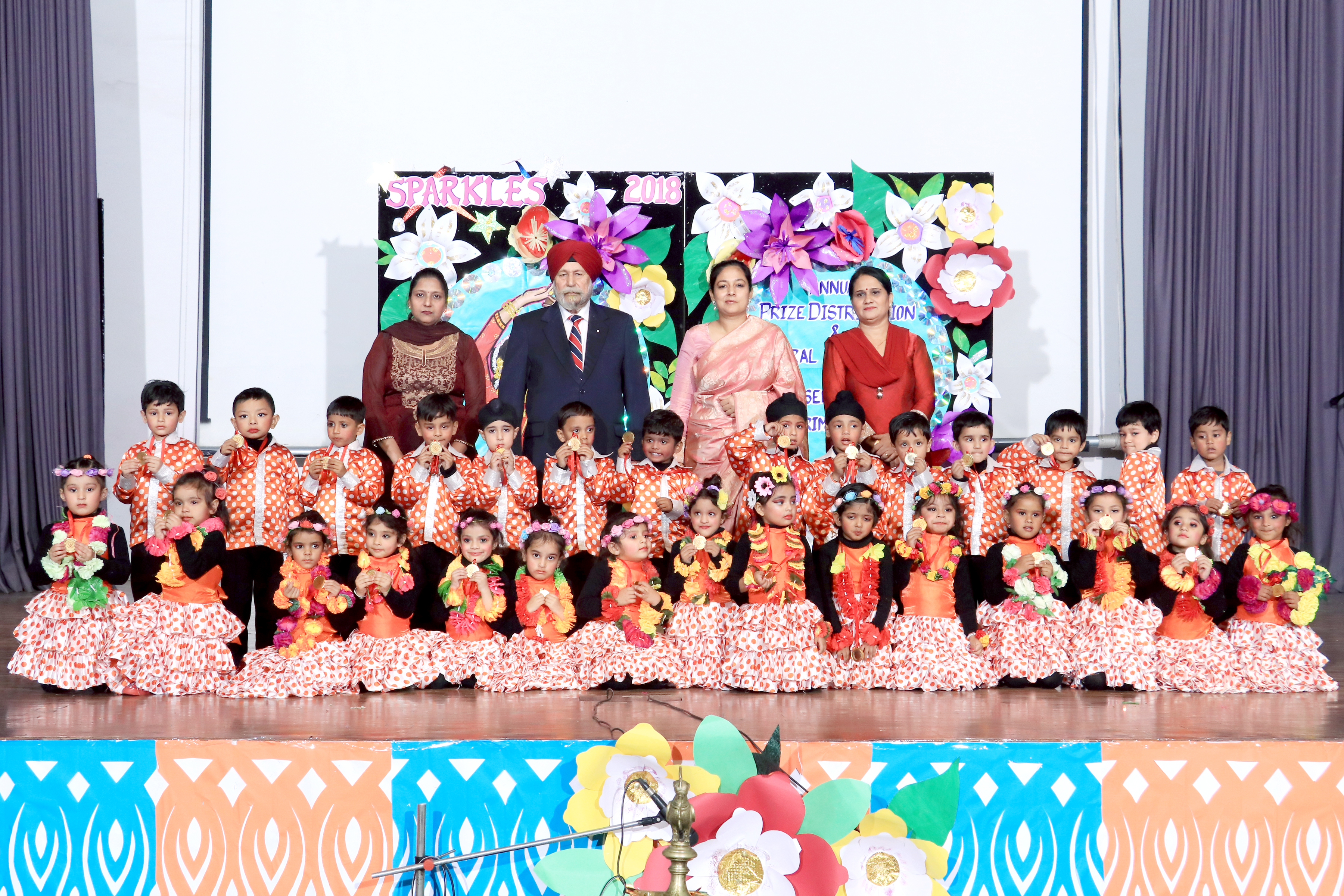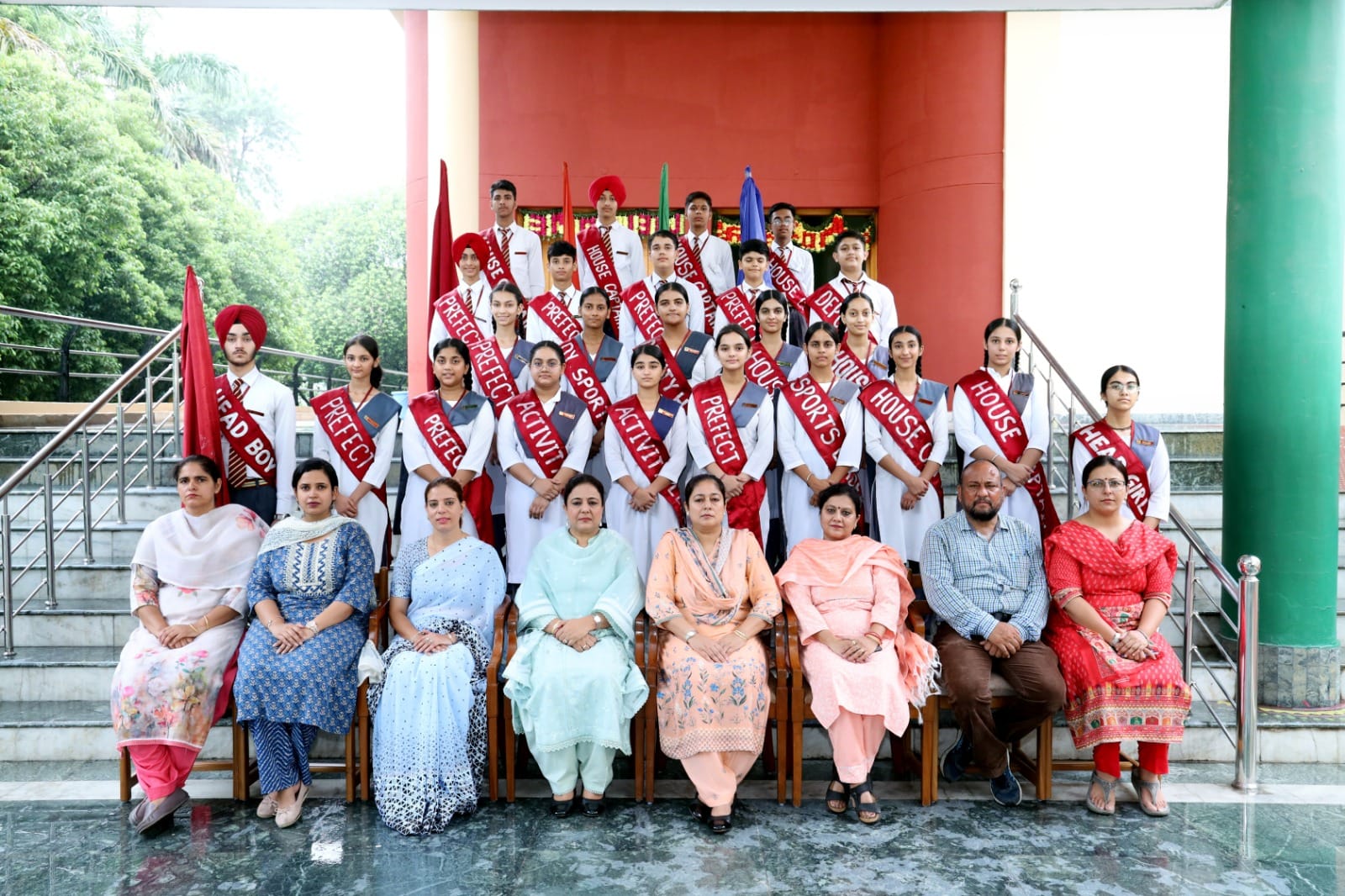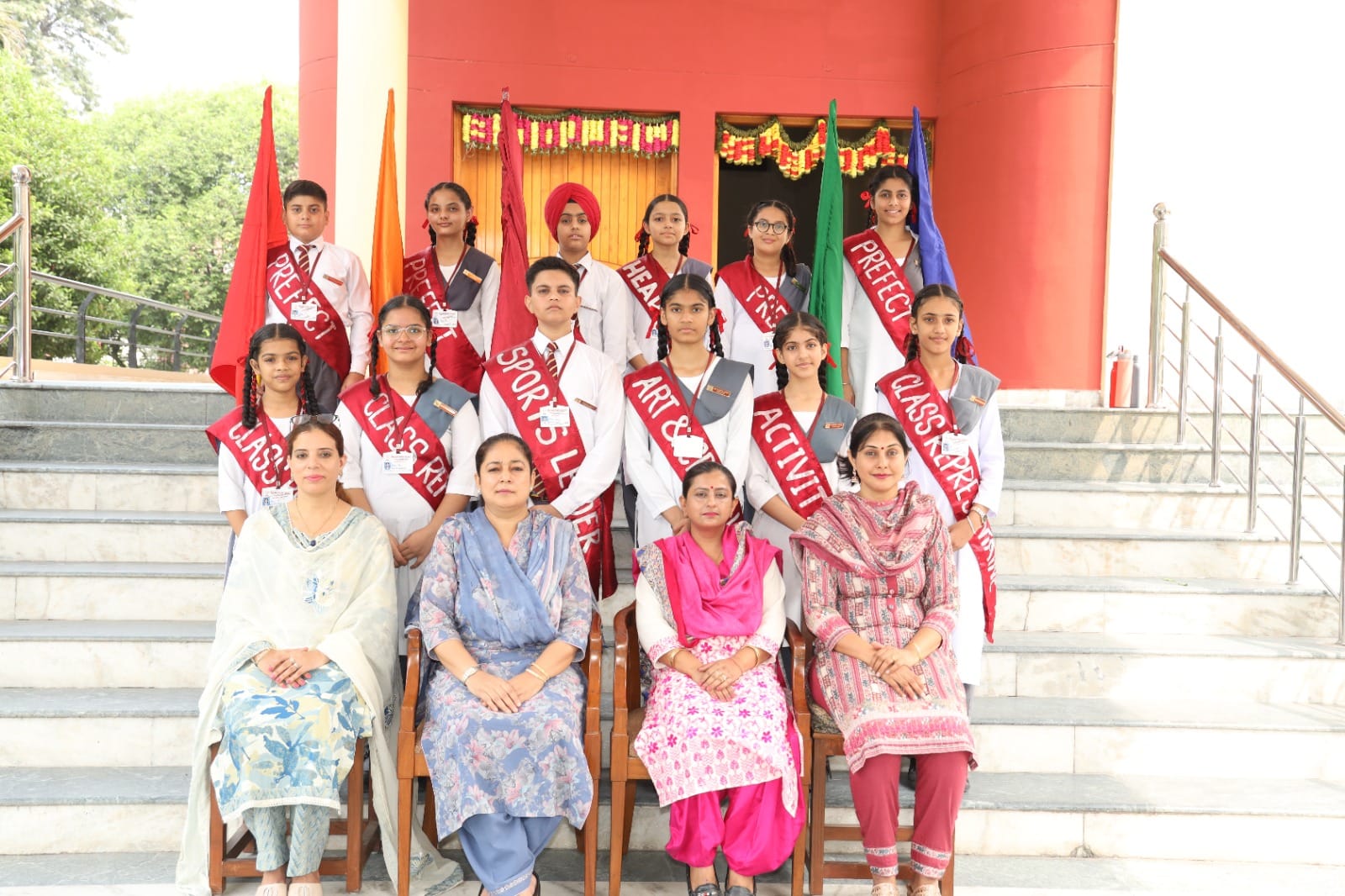CBSE Workshop on Learning Outcomes and Pedagogies Held at Shivalik Public School, Mohali
“Teaching is more than imparting knowledge; it is inspiring change. Learning is more than absorbing facts; it is acquiring understanding.”
Shivalik Public School, Phase 6, Mohali, hosted an enriching CBSE Workshop on Learning Outcomes and Pedagogies on 28th December 2024. The event was attended by 60 teachers and graced by the presence of the esteemed Chief Guest, Dr. Gurkiranjeet Nalwa, Principal of Shivalik Public School, Sector 41, Chandigarh. Dr. Nalwa’s visionary leadership and unwavering commitment to educational excellence set an inspiring tone for the day’s proceedings.
The workshop, designed to empower educators with innovative teaching strategies and insights, was a step forward in aligning educational practices with the competency-based education framework promoted by CBSE. The event was successfully organized under the expert guidance and leadership of Dr. (Ms.) Anup Kiran Kaur, Principal of Shivalik Public School, Phase 6, Mohali. Her commitment to fostering a culture of continuous professional development among teachers ensured the workshop’s success and impact.
The session was facilitated by two renowned educationists: Ms. Anupama Sharma, Retired Principal of MRA DAV Public Schools, and Ms. Poonam Sharma, Principal of Shri Sukhmani International School, Derabassi, Mohali. The event began with an ice-breaking activity that created a collaborative atmosphere, encouraging participants to engage openly and share their perspectives.
In her opening remarks, Dr. Gurkiranjeet Nalwa lauded the initiative, emphasizing the importance of such workshops in equipping teachers with the tools and strategies needed to create transformative learning environments. She highlighted how competency-based education focuses not only on imparting knowledge but also on developing critical skills and lifelong learning attitudes among students. Her inspiring words set the tone for the day’s deliberations.
Ms. Anupama Sharma highlighted the importance of competency-based education (CBE), stressing that it equips students with the necessary skills, knowledge, and attitudes to become lifelong learners. She explained how lesson plans with clear objectives, innovative methodologies, and appropriate teaching aids are integral to fostering meaningful learning. Ms. Sharma also underscored the relevance of the teaching-learning cycle in achieving educational goals effectively.
Ms. Poonam Sharma delved into the significance of Bloom’s Taxonomy in education. She explained how it can be applied to set clear learning objectives and assess students across cognitive, affective, and psychomotor domains. Through an engaging activity, she encouraged participants to identify and rate the domain and cognitive levels of educational outcomes. This practical approach helped participants understand the concept’s classroom application.
The workshop was highly interactive, with participants engaging in hands-on activities and group discussions. Teachers explored techniques for preparing effective lesson plans and creating comprehensive rubrics for assessments. These discussions provided valuable insights into adapting teaching styles to cater to diverse student needs, ensuring that learning outcomes are met.
The event concluded with an engaging Q&A session, where participants shared their reflections and queries, followed by an assessment to evaluate their understanding of the concepts discussed. A heartfelt vote of thanks marked the end of the session, acknowledging the invaluable contributions of the resource persons and the enthusiasm of the participants.
This workshop underscored Shivalik Public School’s commitment to fostering educational excellence by equipping teachers with modern pedagogical tools and strategies. The presence of Dr. Gurkiranjeet Nalwa added immense value to the event, and under the able guidance of Dr. (Ms.) Anup Kiran Kaur, the program was a resounding success. Educators left inspired and motivated to implement innovative approaches in their classrooms, ensuring holistic development and lifelong learning for students.








